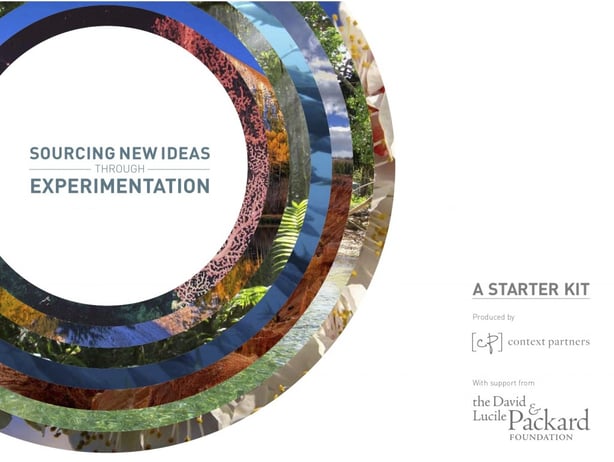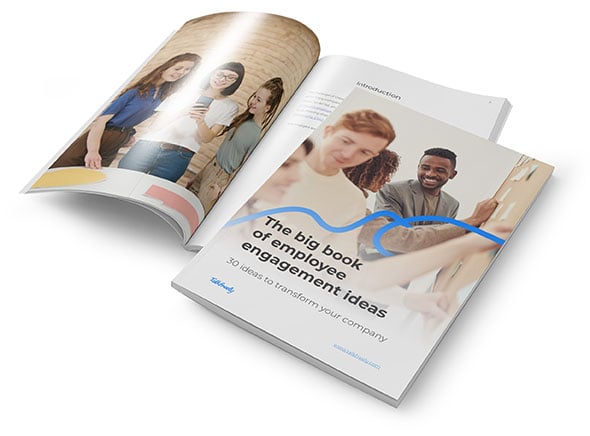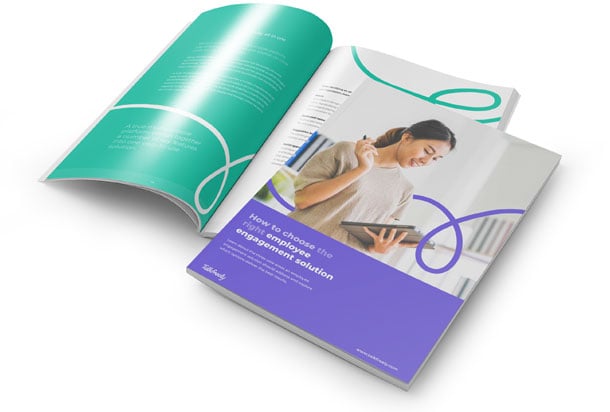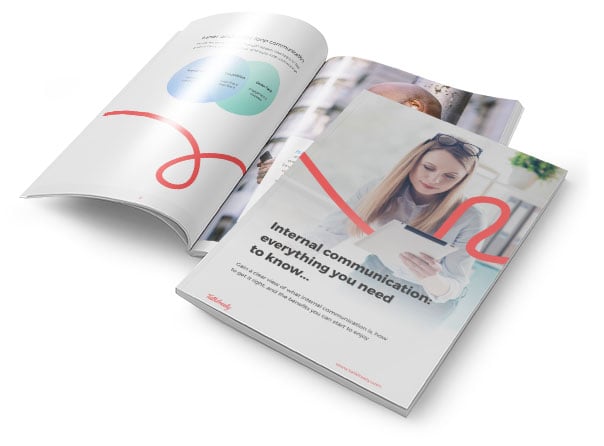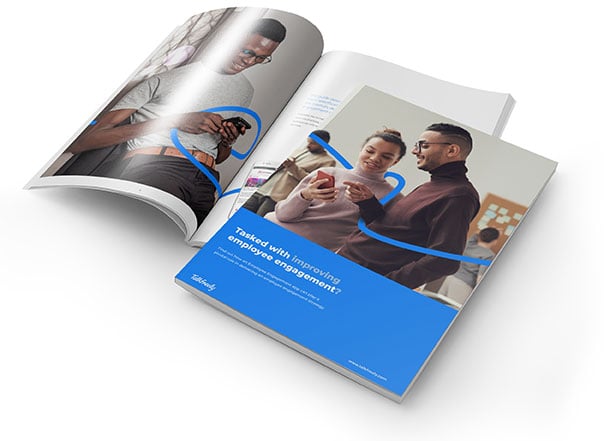As part of an ongoing project to stimulate innovation in social change organisations, the Packard Foundation devised this downloadable starter pack to help the social change sector look for new, fresh ideas.
- How do we create the space for venturing into unfamiliar territory?
- How do we get out of comfortable idea loops and challenge the status quo?
- How can we best tap into fresh ideas and thinking?
- And, in doing so, how can we cultivate a culture of experimentation?
The first step in the kit (a booklet) is to define the challenge, a process at the core of our own Talkfreely solutions. This provides focus and refinement when looking for a solution to a particular problem or issue.
The second step is to design the process for turning any ideas created into reality. This section is a little 'cart before horse' in our view, already defining what kind of ideas you might like to receive, what the budget is, and a timescale. Better perhaps to keep an open mind on what may emerge and use an innovation management system to allocate the resources appropriate to the ideas generated.
More useful is the suggestion to define the groups of people that will be best placed to help - internal and external experts, academics, practitioners, etc.
More useful still is the section on the tools you can use, "The platforms, approaches, and techniques to bring the plan to life." This section first seems like an explosion in a pseudo-jargon factory, but under the designer-led headers are nine proven techniques to facilitate action.
Prizes
Simple, straightforward, global and often with a financial incentive. The concept of reward is important in all challenges, and research is beginning to suggest that gamification and virtual recognition can, in effect replace the financial incentive. (Otherwise, who would pay to play Farmville II?!)
Hackathon or Design Jam
The Packard Foundation define this as an "In-person event that fosters intensive collaboration in a short time frame to rapid- prototype solutions." In other words, get the technical experts out of the workshops and meeting together to collaborate on prototypes and emerging concept products.
Charrette
Defined as "1–3 day sessions that provide an opportunity for participants to think big." Previously referred to as 'blue sky thinking', the trendy title rather belittles the liberating impact such unrestricted thinking can have on employees normally confined by working practices and geographical location.
Pop-Up Lab
"Temporary ‘lab spaces’ that convene people connected to a problem to identify relevant solutions." This is actually about engaging the local community on a short-term basis, to generate locally-sourced ideas. (We must admit, 'pop-up lab' sounds so much more exciting and cool than 'community focus group'!)
Twitter Chat
Such a simple idea, just a real-time discussion on the social media platform, collated by each participant using a #subject hashtag. This is a terrific idea to engage your business Twitter followers in innovation, so long as managers are aware and don’t see it as time ‘wasted’ on public social media.
Crowdsource Campaign
Defined as "Time-bound campaign to accomplish tasks, or to collect stories, images, questions, or resources from a dispersed crowd of people using online tools.” This tool encompasses all the truly effective elements of good crowdsourcing and adds the requirement for a limited time span, which is crucial for maintaining the energy and drive to contribute.
Challenge
"Challenges usually source solutions to specific problems to create incremental progress." Note, incremental. Challenges ideally provide solutions to carefully defined issues, what the Foundation refer to as 'point solutions'. Make the challenge too wide in scope, and the resulting ideas may be too diverse to prove useful or effective.
Virtual Round-Table
AKA, a good old-fashioned video conference, made so much easier (and cheaper) thanks to VOIP solutions and Google Hangouts. Again, the authors emphasise the need for focus, so that these virtual conferences feature "Subject-matter experts on a set topic."
Personas
"In-depth, research-based profiles representing selected individuals." In other words, identifying your target market as a real person rather than a demographic, and making them easier to empathise with..
Our Views
What struck us most about these tools here at Talkfreely was the emphasis on engagement at a person-to-person level. This toolkit emphasises the needs for people to get together to generate ideas, whether in a physical or virtual space.
It is all too easy for us, as managers, to set up the mechanics of an innovation challenge in our innovation management system and wait for the ideas to roll in, Rather, we should watch for the people who become involved, and then check out the ideas they put forward. Or, as the Foundation more eloquently concluded:
"This approach also helps cultivate deep relationships — not just transactions — with your community. The very act of engaging the community, listening, learning, leveraging relevant ideas, and asking good questions often leads to deeper conversations and connections. In turn, these connections create more opportunities for new ideas to be sourced, tested, applied, and adapted in order to catalyze progress in our ever-changing world."
Click here to download your copy of Sourcing new ideas through experimentation: a starter kit
Topics:
Innovation Management